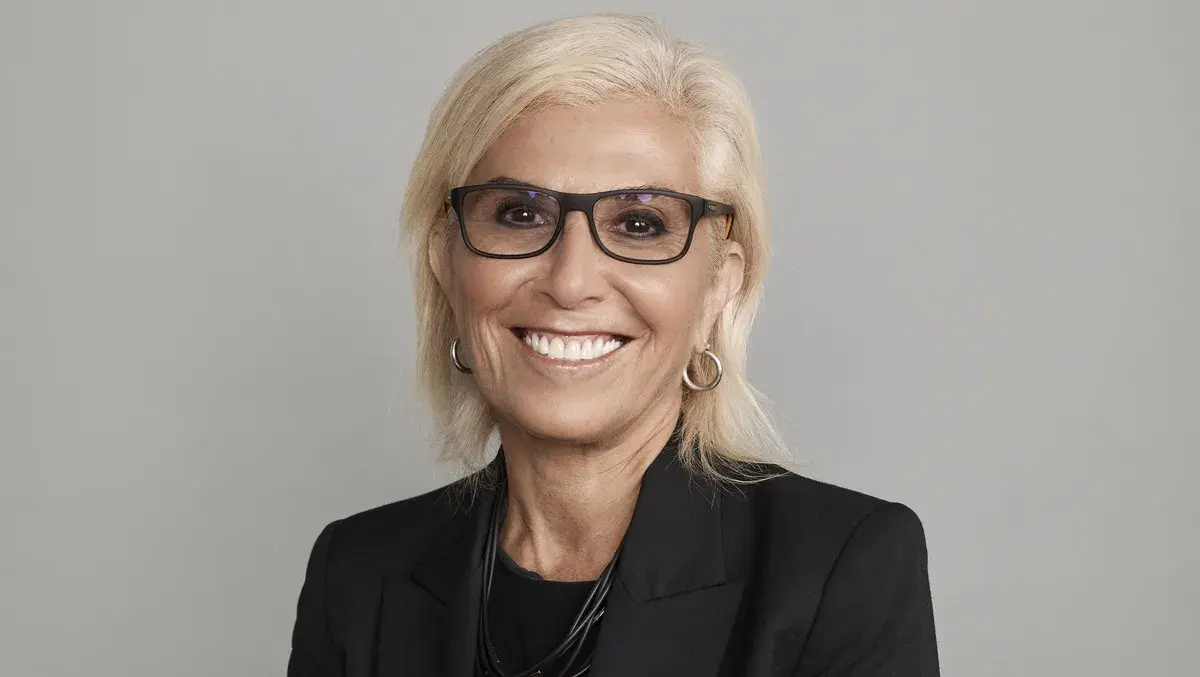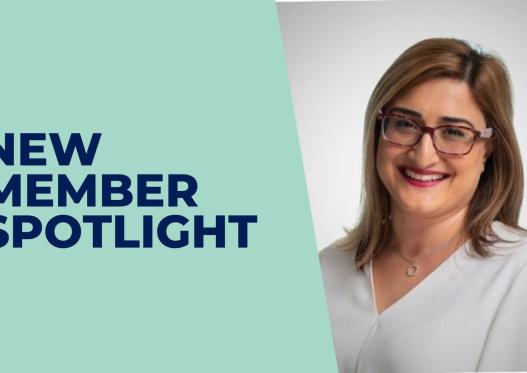Esteemed non-executive director, Elana Rubin AM SF FIN, is on the boards of Telstra, Slater and Gordon and Transurban and is also chair of The Australian Business Growth Fund, a new initiative to help fund businesses with exciting futures.
Elana addressed FINSIA’s recent end-of-year Victorian networking event. Here are some of the discussion’s highlights.
Q: What are the critical elements of sound board oversight?
Elana: The first thing is to make sure your governance processes are fit-for-purpose and fit for your organisation’s size. You don't want a big cap governance structure for a start-up and you don't want a start-up governance structure for a big cap.
It's about putting the principles about what governance does – which is help boards make good decisions transparently and take into account risks and opportunities – into a framework that works for each organisation. The board needs to understand the business, the regulatory framework and the customer and stakeholder environment to make good decisions. Understanding the effectiveness of your three lines of assurance is also important.
Good governance isn’t a checklist, it needs to be embedded in every process and be part of the fabric of making decisions and doing business. In a dynamic and fast-changing environment, good governance allows you to grow successfully.
Q: How do you approach risk management in highly regulated sectors like finance?
Elana: It’s all about active governance. The board needs to understand the business and the strategy, the organisation’s skills and capability, and the external environment. In regulated environments, how we deal with customers is vitally important.
Management knows the business well. They live in it every day. A board will never be as deep in a business as management, but the skill they bring is the ability to take one step back and look with objectivity about how the company manages its risks and opportunities. You bring a broad perspective from all your roles and experience that allows you to have a much richer discussion than if you were as deep in one business.
Boards also play a really constructive role keeping an eye on emerging risks and opportunities. The risk landscape has changed significantly. Today we are dealing with market volatility, climate change, procurement risk, modern slavery, culture, cyber, innovation and AI, just to mention some. Boards help management keep an eye on the future. We have to prepare for the unexpected.
Q: Can you reflect on a moment that defines your leadership style?
Elana: My story is a reminder of the shadows we all cast. I went to a lunch at one of the professional services firms and one of the waiting staff said to me, ‘I'll bring you a Diet Coke.’ I thought my EA must have rung ahead and let them know that’s what I drink. I apologised, in my head thinking, how embarrassing. He said, ‘No, we all remember you, because you always look at us and say hello.’ It was one of those moments which reminded me that how you deal with people in every situation really matters. And it applies whether you’re officially a ‘leader’ or not.
Q: How does fostering diversity within a company's board and leadership impact its performance?
Elana: Extensive research has shown a more diverse organisation and leadership team, including the board, adds value over time to shareholders and customers. It's uncontroversial. Group think is one of the biggest risks to an organisation; if everyone has the exact same experience, we look at risks and opportunities with the same lens and we reach the same conclusions.
We know that is such a danger. Diversity aims to bring together a group of people that have different life experiences, different career paths, who look at things differently, so they have a much richer discussion of risk and opportunities, and make better decisions over time.
Q: As the chair of the Australian Business Growth Fund, tell us about what the fund aims to do?
Elana: The fund is a partnership between six banks, including the four majors and the federal government, to provide equity capital to small, growing businesses. It's a really interesting partnership between the private and public sector to fill a funding gap for growing businesses between debt and more traditional private capital.
The fund has been seeded with $540 million by the shareholders and it has invested in 12 companies to date, including a couple led by female founders. It's a really diverse portfolio, from technology to tourism to laundries to skin care to advanced manufacturing.
We are looking for businesses, often family businesses, that are seeking to grow to the next step. It's modelled on the UK Business Growth Fund, which has been around since 2011 and has backed 600 businesses. So there is good evidence the model works.
Q: What's your greatest achievement and what do you want to achieve in the future?
Professionally being involved in the early days of industry super when we were rolling out workers who never previously had access to super and introducing new type of fund based on maximising the benefit to members and providing an alternative to the traditional commission based models.
Personally, I would say it has been to push myself to take risks, no matter how uncomfortable that makes me. I've recreated my career a number of times. At each juncture, I wasn't certain if the change would be successful, but I took the risk, and luckily it’s worked out well.
I’ve been incredibly fortunate to have a network of great sponsors and colleagues. I want to others to have the same support, so I will keep pushing the door open for the next generation of women to have as diverse and exciting a career as I have had.







